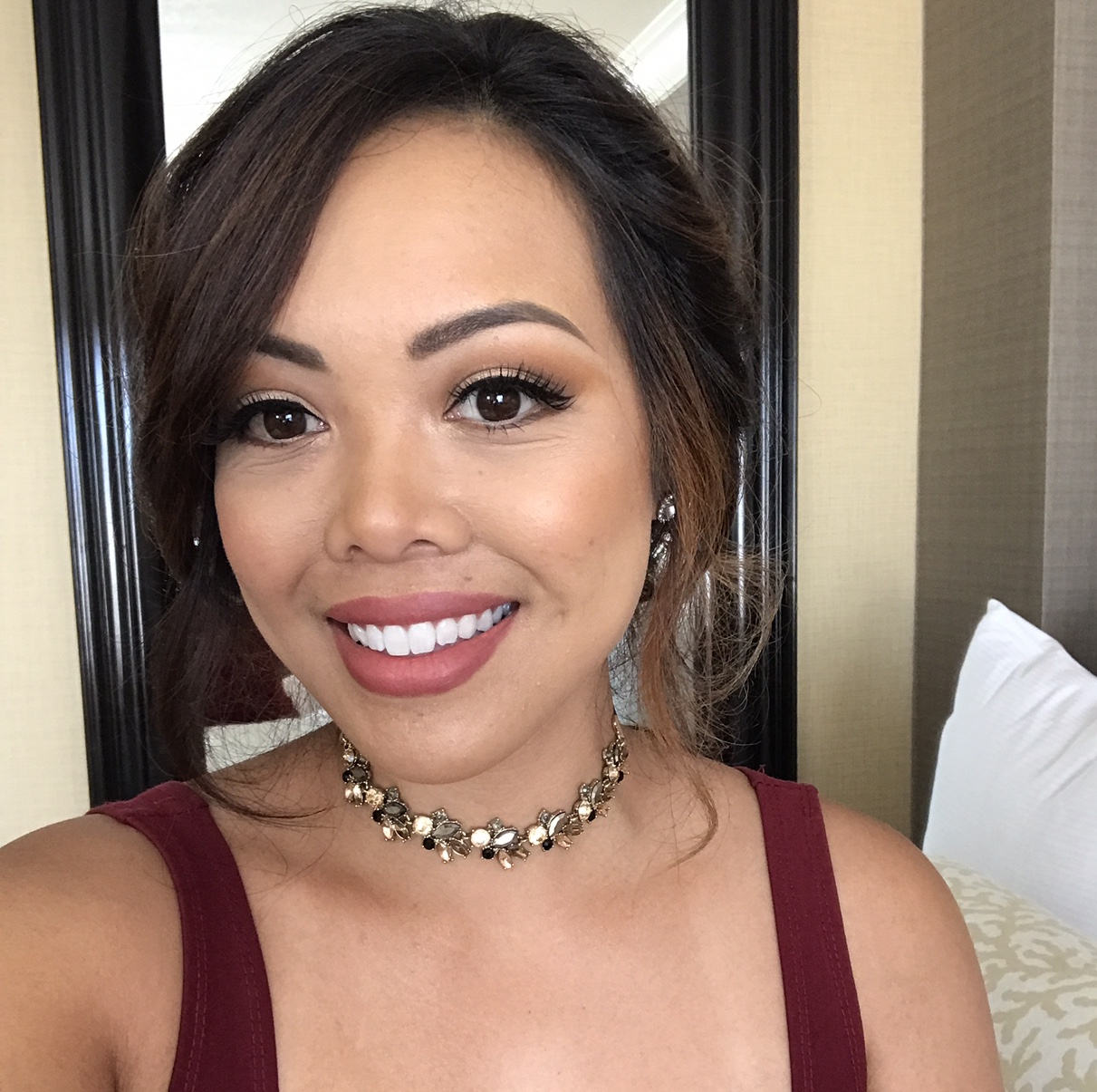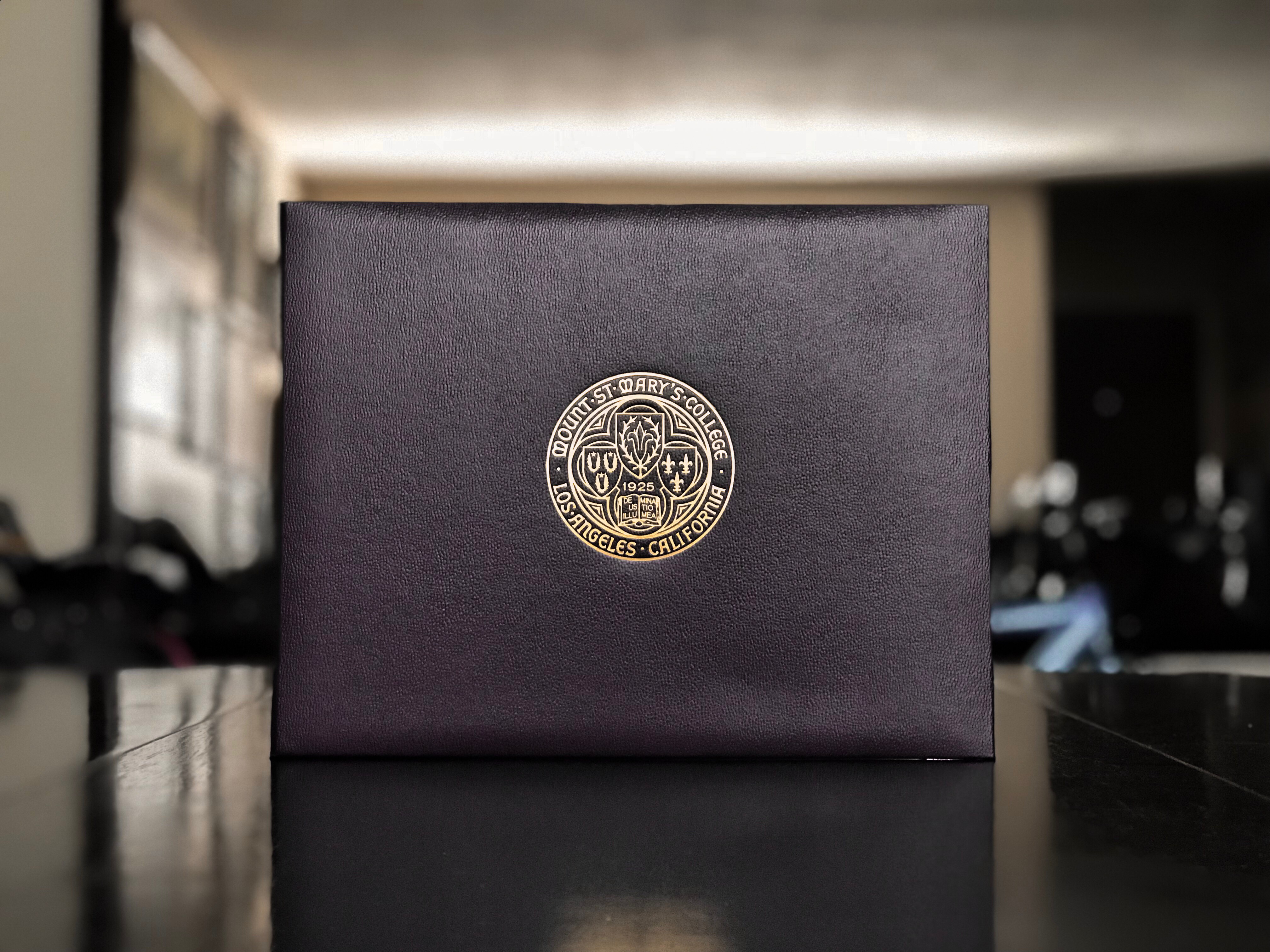Student loan debt should not be the answer; this is the first piece of financial advice that I vouch for.
Every March, which is my birth month, I transition into a contemplative mood. For every year we grow older, we grow wiser, and personal growth happens through our struggles and victories.
When I turned 30 last year I gave advice to my younger self. Read this post here. Today I’d like to give advice to anyone who is considering going into debt for a degree.
The appeal
When I was 18 and financially naive, student loans seemed like an easy way to pay for college. Take the loan out now and pay it off when you start working later. Sure, a few grand for this semester and a few grand for next semester won’t hurt. Repeat this times however many years.
Then, the loan servicer pitches a new idea: “borrow money for everything else you need for school!” The next thing you know you’re tacking on debt for books, school supplies, parking passes, and in my case dorming and rent.
The reality
After graduation there’s a 6 month grace period before you start repaying your loans. During this time I was working as a nursing assistant and applying to new graduate RN programs without any luck. The next thing I knew, my 6 months was up and I had to pay $1,536.15 per month, which I couldn’t afford at the time.
Thankfully I was able to start working as a nurse in a skilled nursing facility when the grace period ended. Consider your job market after graduation. Would you be able to find a job within 6 months? If not, would you be able to afford the monthly payment?
Another thing about my loan that kills me is the interest. Currently I’m at a 7.25% variable interest rate. Read about why this angers me here.
I’ve come a long way with my loans, my monthly payment is now $637. When I transfer the money to my debt, is this amount tacked off my principle balance? Of course it’s not that easy! $231 is applied to interest, then $406 is applied toward the principle balance. This is why I frequently make extra payments; once interest is paid then any extra money is applied toward the principle balance.
What can you do differently?
I didn’t think of working full time during the semester. I typically worked one weekend day during the school year and full time hours throughout winter and summer break. However, I know many people who worked full time and went to school full time to come up with the money for tuition.
Choosing schools that I couldn’t afford was another reason why I went into debt. I paid out of state tuition for my first year, transferred to a state school for the second, then went to a private school for the rest of my undergraduate degree. Consider other routes: start at a community college, transfer to a state college, then into your designated program.
I also didn’t have a competitive GPA to receive scholarships. I applied for federal student aid, but did not try to apply for grants. Be a better student than I was; raise your GPA and apply to every grant and scholarship possible!
What will you be able to do if you had financial freedom?
In 2018 I paid $6,400.14 to interest and $69,881.01 to student loan debt. Read about how I did this here.
I could’ve put this toward my savings, started investing outside of my retirement accounts, or could’ve had a long vacation. This would’ve brought me closer to financial independence.
What would you have done with $76,281.15?
I already have student loan debt, what should I do?
We college students been trill! “Trill” meaning the student loan debt crisis has now reached $1.5 trillion! Read about the summary of student loan debt in 2019 here.Hashtag mind blown.
Out of the 44.7 million Americans with student loan debt, most of us follow Dave Ramsey and other financial gurus in our quest to be debt free. Read about Dave Ramsey’s Baby Steps here.
Navigating your way thought debt repayment is daunting at first, but once you establish and stay consistent with a debt payoff strategy it gets easier! You can also look for personal finance apps to help guide you such as the Charlie app. Charlie’s a cutesy little penguin who will help analyze your spending. He’ll send tips and tricks to help you with your financial goals through texts or Facebook messages.
Charlie also runs a personal finance blog. Read 6 steps to ditching your debt here. This article was originally published at HiCharlie.com.
Do what works for you
Everyone has their set of unique circumstances so one size does not fit all. Some people are able to work full time, some have other obligations outside of school, some have more financial aid than others, etc. Although I am an advocate for being debt free, it’s understandable that this may not be attainable.
If you need to take out a student loan, realize that a solid, consistent plan is needed to pay it off. We should recognize that debt hinders us from attaining financial freedom.
Having a monstrous amount of student loan debt has taught me many lessons. Without it I really believe I wouldn’t have taken the initiative to educate myself on the intricacies of personal finance and I wouldn’t have the opportunity to share my stories with you today.
Millennial Challenge
- What will you do now to forego or minimize the need to borrow student loans?
- If you are currently indebted to student loans, what can you do to minimize the debt?


